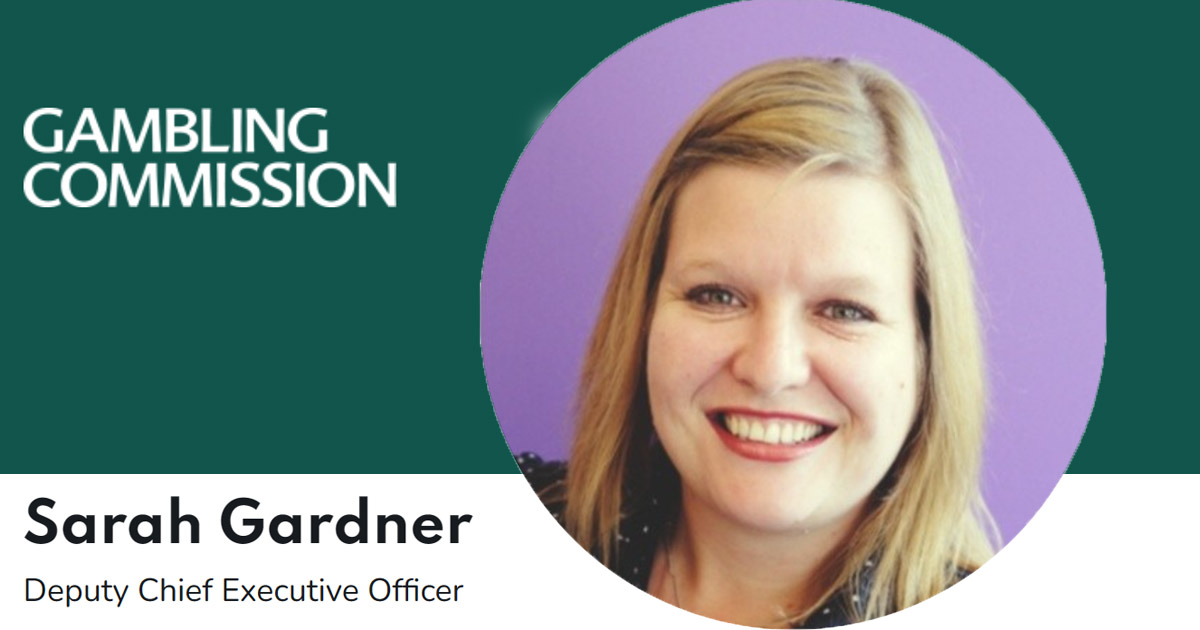The deputy chief executive of the UK Gambling Commission, Sarah Gardner, attending the Swedish Conference of Gaming Regulators stated that “The UK online market is still the largest regulated in the world, with worth £6,5 billion of GGY in the year to March 2023. This is also up on pre-Covid statistics, by 13,3%. Over time, the percentage of GGY attributable to the online market has grown year over year, with the GGY online which represents almost 60% of total GGY B2C, excluding lotteries. Not only has there been a change in the channel, but there has also been a change in the shape of the market, primarily as a result of extensive merger and acquisition activity. So you can see here how GGY has become more concentrated in larger operators.”
“…in recent years – continued Gardner – we have also continuously strengthened our rules and guidelines. Some examples that, again, we would be happy to share more information about include:
- strengthen age verification so that operators must verify the customer's age before the customer can deposit funds into an account or place bets with their own money or free bets or bonuses;
- through collaboration with the industry we have tackled so-called “VIP schemes” and made online gambling games and products safer by design through measures such as banning automatic gaming;
- and we have banned credit card gambling for all online and offline gambling products, except non-remote lotteries. I know something is being looked at here in Sweden now. For the record, we have evaluated the ban, and while the full evaluation has yet to be published, the interim report confirmed that the ban achieved our goal of limiting the use of credit cards in the licensed commercial gambling market in the UK".
“At the Gambling Commission – confirmed Gardner – we have always maintained that, although illegal online gambling exists and presents a risk which obviously needs to be managed, some of the descriptions of the scale and nature of the risks may be exaggerated and, Either way, we do not accept that the presence of illegal gambling means we should accept lower standards in the regulated market in a race to the bottom that could ultimately be dangerous for consumers.
To be absolutely clear, because this message has often been misunderstood, the Gambling Commission has never denied that illegal gambling is a problem. To the contrary, protecting the integrity of our regulated market is absolutely central to what we do. We have recently invested more in this area since receiving additional funding in our most recent fee agreement. This has helped us direct more resources to combat illegal activity online.
In addition to our ongoing intelligence-led disruption efforts, we have now focused further on where we can seek to maximize our efforts to disrupt illegal and unlicensed online operators through collaboration with others. This includes payment service providers, internet search and service providers and other regulators.
We are also working with software licensors to prevent access to popular products when their games appear to be available on illegal sites. We are clear that licensees must do all they can to prevent access to products licensed in Great Britain via unlicensed websites.
And we engage with our licensees if we discover that their affiliates have placed ads on illegal sites, ensuring that licensees remove advertising and encouraging an evaluation of business relationships with these affiliates. This is in the interests of our licensees, as we have been clear that they are responsible for everything that happens under the auspices of their license, so it is their responsibility to ensure that all related or affiliated parties conduct their business consistently under the terms of that license."











